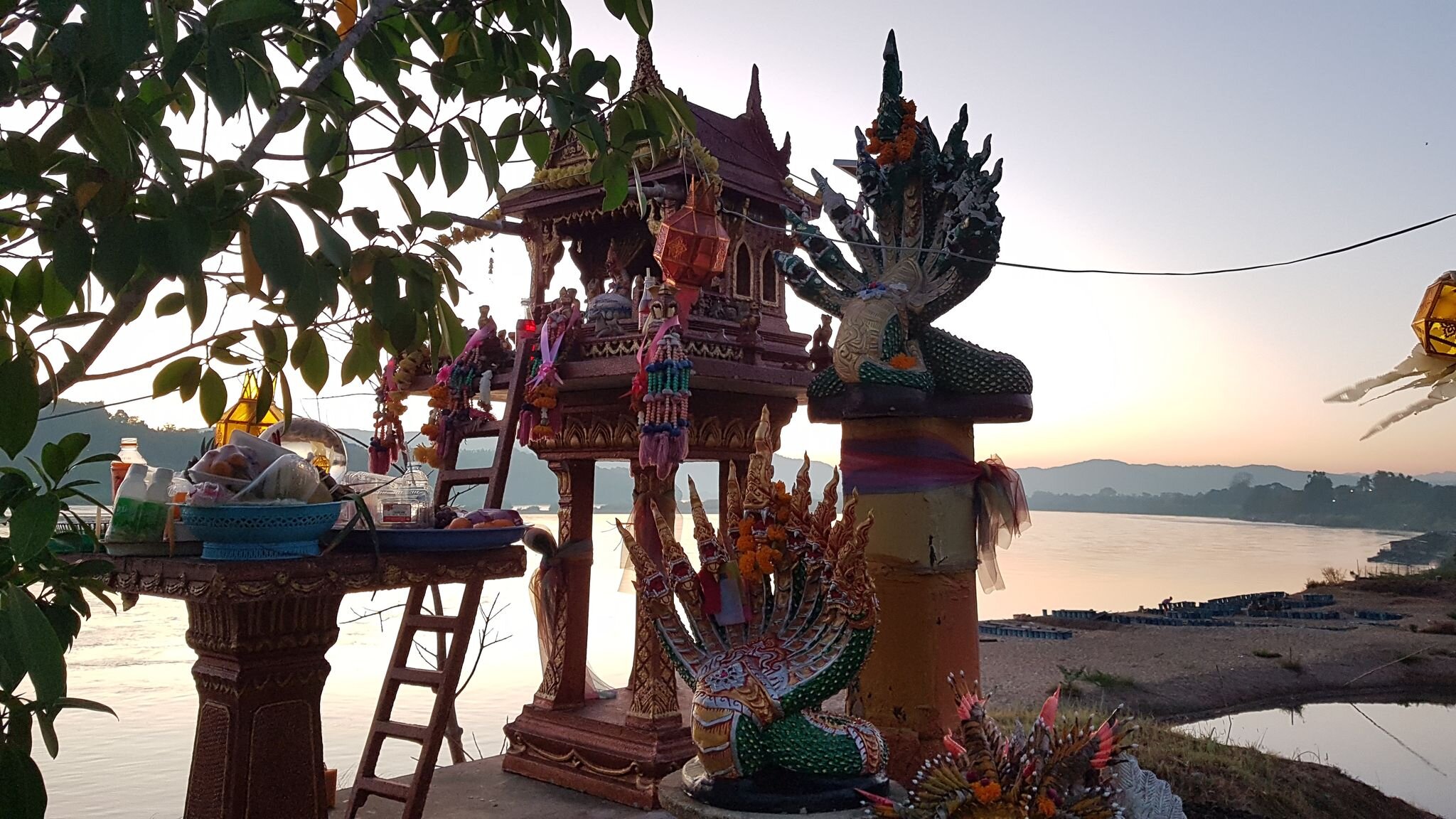We examine contestation over transboundary water on the Lancang-Mekong River to reveal how multiple meanings of water underpin resource politics, with implications for ecological and social justice.
Publications
Policy Brief: Carl Middleton (2018) “Reciprocal Transboundary Cooperation on the Lancang-Mekong River: Towards an Inclusive and Ecological Relationship”
Working Paper: Tomasz Kamiński et al (2019) “State of the Art & Theoretical Framework: Contested Knowledge of the Commons in Southeast Asia”
Working Paper: (2020) “Vignettes from the Field: Contested Knowledge of the Commons in Southeast Asia”
Book Chapter: Surimas, T. and Middleton, C. (2022) “Ontological Politics of the Resource Frontier: A Hydrosocial Analysis of the Mekong River in Northern Thailand”
Opinion piece
Carl Middleton (November 2018) “What does Chinese ‘reciprocity’ mean for Mekong’s dams?”
Carl Middleton (August 2019) “Mekong Drought Reveals Need for Regional Rules-based Water Cooperation”
Further Information
Visit the CRISEA website here
Contact
Contact Dr. Carl Middleton for further details.
Project Status: Complete
Our research examines the impacts of the 2019 drought in Northern Thailand and the associated operation of large hydropower dams upstream in China at scales ranging from the local to the transboundary, as well as plans for rapids blasting that were cancelled in early 2020.
We focus on the multiple meanings of the Mekong River enacted through the co-production of ecological knowledge and ecological governance. These include variants of ecological modernization enacted through intergovernmental institutions such as the Lancang-Mekong Cooperation (LMC) and the Mekong River Commission (MRC). They also include visions that simultaneously hold the river as a resource that sustains local livelihoods and local economies, but that also embodies cultural values, as maintained by the community-led Ing Peoples’ Council.
Overall, this research explores how contested imaginaries over the future of the Mekong River do not merely reflect divergent ‘interests’, but more profoundly requires a recognition that there are multiple meanings of the river. Viewing the Mekong River as such, our research will generate policy insights for creating local and transboundary institutions that are inclusive, equitable, and that place centrally attaining ecological and social justice.
This research is a sub-project of the Competing Regional Integrations in Southeast Asia (CRISEA) interdisciplinary research program funded by the European Union’s Horizon 2020 Framework Programme. In particular, we contribute to “The Environment: Securing the Commons” research theme led by the University of Chiang Mai, Thailand, and the University of Lodz, Poland.

